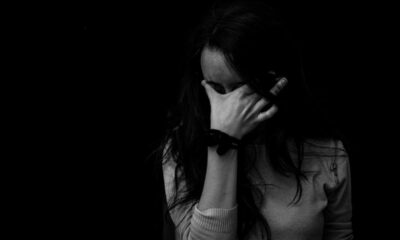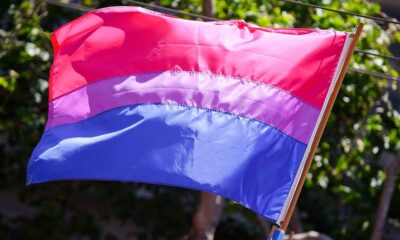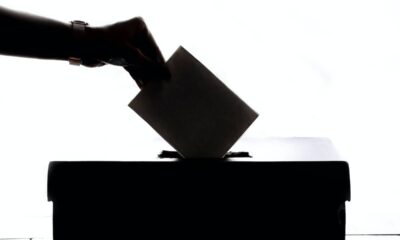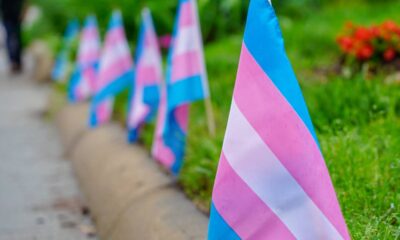Europe
Iceland is Most Accepting Country for LGBTI People
Iceland, Norway, and the Netherlands have the highest levels of LGBTI acceptance according to the updated Global Acceptance Index which ranks LGBTI acceptance in 175 countries and locations.
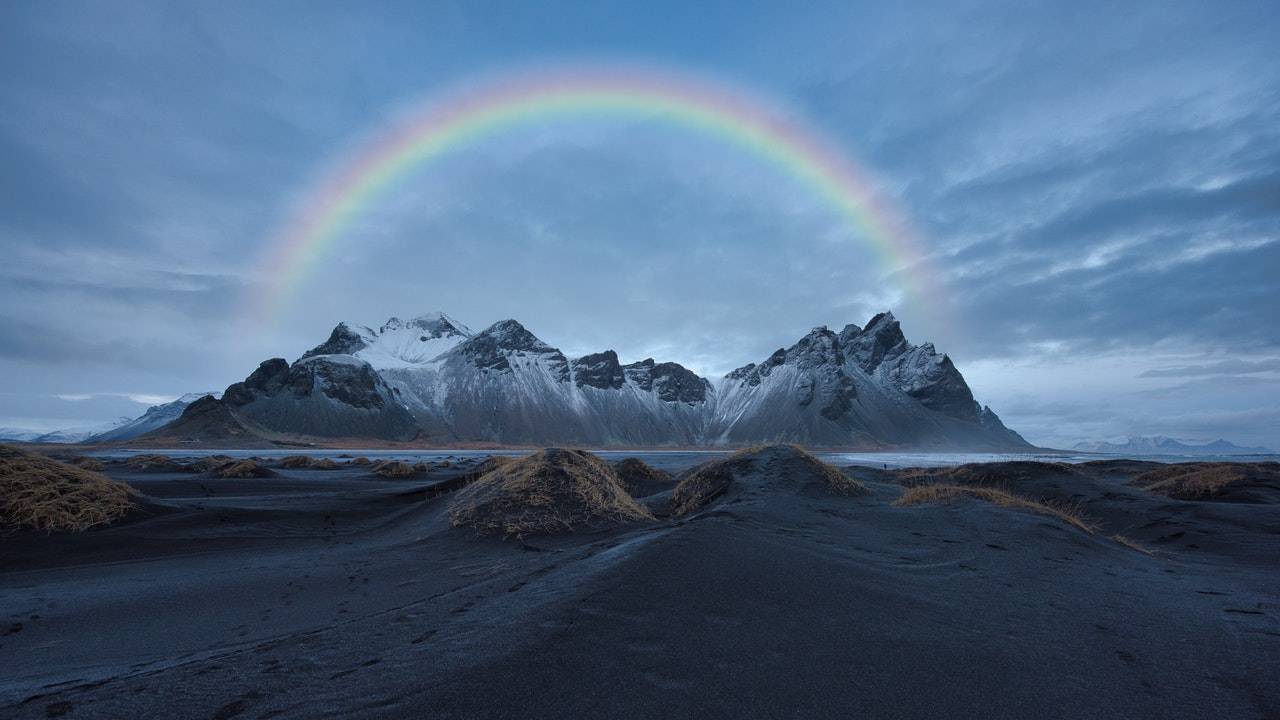
New research from the Williams Institute at UCLA School of Law finds that the average levels of acceptance for LGBTI people and their rights have increased globally since 1980. Iceland, Norway, the Netherlands, Sweden, and Canada are the top five most accepting countries, and all have significantly increased their levels of acceptance since 2010.
Using advanced statistical methods and computer modeling, researchers analyzed survey data from 175 countries and geographic locations to produce the Global Acceptance Index (GAI), a measure of the relative level of social acceptance of LGBTI people and rights in each country. Of the countries studied, 56 (32%) have experienced an increase in acceptance since 1980, 62 countries (35%) experienced no change, and 57 (33%) showed a decrease in acceptance.
This report expands the Williams Institute’s 2019 study, Social Acceptance of LGBT People in 174 Countries, to include information about attitudes towards transgender and intersex people.
“Understanding acceptance and rejection of LGBTI people lies at the heart of understanding violence, discrimination, and the many negative consequences that result from exclusion and unfair treatment,” said study author Andrew R. Flores, Visiting Scholar at the Williams Institute. “Stigma can affect how individuals view LGBTI people and influence how people view the laws and policies that impact them.”
Additional Findings
- Australia and Oceania, North and South America, and Western Europe have had positive changes in their GAI scores since 1990.
- Countries have not experienced a uniform change in acceptance of LGBTI people and rights over time. For example,
- Brazil, Canada, Great Britain, and the U.S. have all increased their acceptance of LGBTI people and rights. Brazil and the U.S. have experienced a steady increase in acceptance, while Canada and Great Britain appear to have had a faster rate of change.
- In 2020, China, Iran, and Russia remain less accepting than many other countries. Acceptance in these countries is lower in 2020 than in 1990.
- Japan and India improved in average LGBTI acceptance until the mid-2000s. Since then, there has been a slight decline and leveling in LGBTI acceptance.
This document was produced as part of the Multi-Donor LGBTI Global Human Rights Initiative (GHRI), a five-year partnership between the United States Agency for International Development (USAID), the Swedish International Development Cooperation Agency (Sida), Global Affairs Canada, the Astraea Lesbian Foundation for Justice, Equality Without Borders, the Williams Institute, and Franklin & Marshall College.

Europe
UK to Issue Commemorative Pride Coin
Featuring evocative artwork, the coin encompasses the very essence of Pride’s history in the UK and marks the first time we have celebrated the UK’s LGBTQ+ community on a UK coin. Made with support from Pride in London, this release is not only a celebration of Pride UK but also a numismatic tribute to the indomitable spirit of the UK’s LGBTQ+ community.
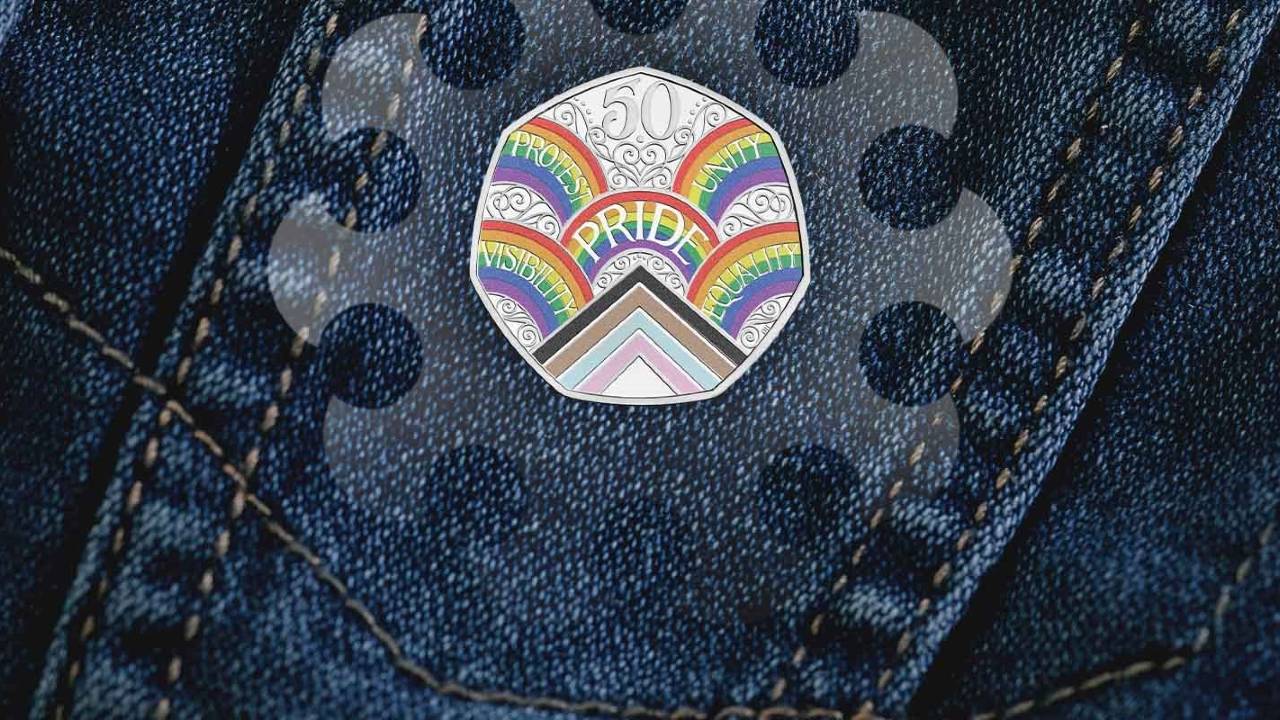
The UK Royal Mint revealed a commemorative 50 pence coin to celebrate the 50th anniversary of Pride UK. This coin marks the first time Britain’s LGBTQ+ community has been celebrated on official UK coinage, and forms part of The Royal Mint’s wider commitment to diversity and inclusion.
The coin has been designed by Dominique Holmes, an east London artist, writer, and LGBTQ+ activist with a varied artistic background that includes tattoo artistry. The coin design features Pride in London’s values of Protest, Visibility, Unity, and Equality in rainbows. With state-of-the-art color printing technology, the iconic colors of the Pride progression flag are recreated with special-edition color versions of the silver and BU coins.
Since the first official Pride UK event in 1972, the Pride UK movement has been one of significant political and cultural importance. Now in its 50th year, Pride UK is more popular than ever and continues to fight against societal oppression and stand up for rights of the LGBTQ+ community.
Asad Shaykh, Director of Marketing and Communications at Pride in London said, “It was a privilege to visit The Royal Mint as part of our partnership and see our coin being made.
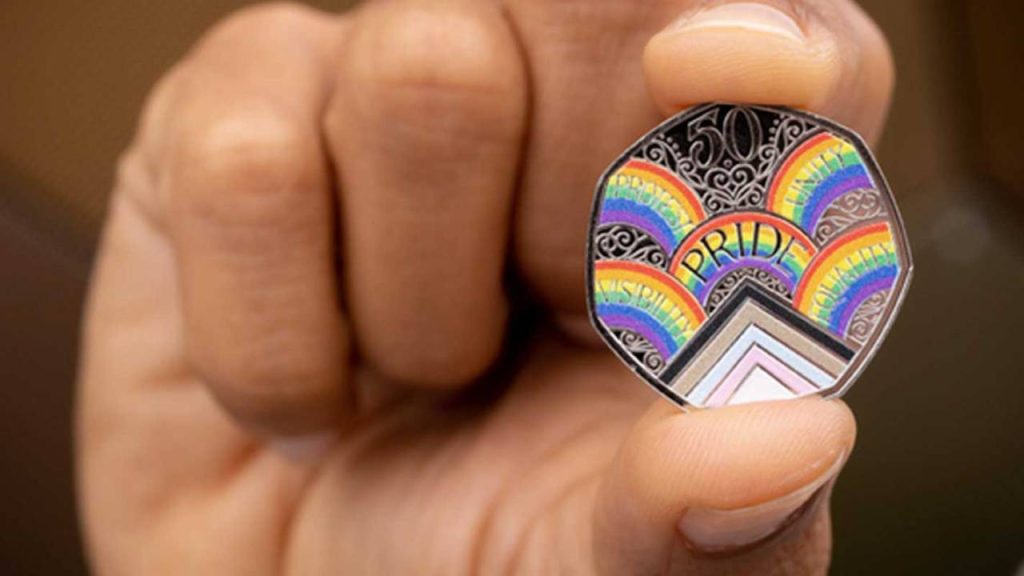
“It humbles me greatly that the words that I coined for the brand, PROTEST, VISIBILITY, UNITY & EQUALITY – will be on an actual coin, opposite the Queen. This queer brown immigrant has come a long way, powered by hope, love and this city. Nowhere in the world had this been possible, except the UK. Pride in London feels very proud today.”
Clare Maclennan, Director of Commemorative Coin at The Royal Mint said, “The 50th Anniversary of Pride UK is a milestone celebration, and it is a privilege to mark 50 years of progress with this 50p coin. This is the first ever UK coin dedicated to Britain’s LGBTQ+ community, with color printing technology capturing the spirit of Pride UK with its iconic rainbow colors.
“It was an honour to host representatives from Pride in London at The Royal Mint recently to strike their own coins as part of the launch and discuss with them our commitment to diversity and inclusion within the business and show how we are reinventing for the future.”
As part of the launch, The Royal Mint will make a financial contribution to London LGBT Community Pride. The 50p will not enter circulation but will be available to purchase via The Royal Mint website this summer. The range includes gold, silver, and brilliant uncirculated versions.
The launch of the new LGBTQ+ coin forms part of The Royal Mint’s wider commitment to equality, diversity, and inclusion. Alongside D&I training for all employees, a network of D&I Champions has been established to support The Royal Mint’s wider vision of celebrating differences for an inclusive future.
This commitment also extends to an LGBTQ+ society for employees at The Royal Mint; established last year. Named ‘Enfys’, the Welsh word for Rainbow, the group has hosted Q+A sessions, shared their personal stories and encouraged visibility and allyship amongst employees.
Europe
War in Ukraine Transforming LGBTQ+ Rights Landscape in Europe
While it is tempting to view the war in Ukraine as a metaphor for some larger struggle between a tolerant West and an intolerant East, the reality is inevitably far more complex.
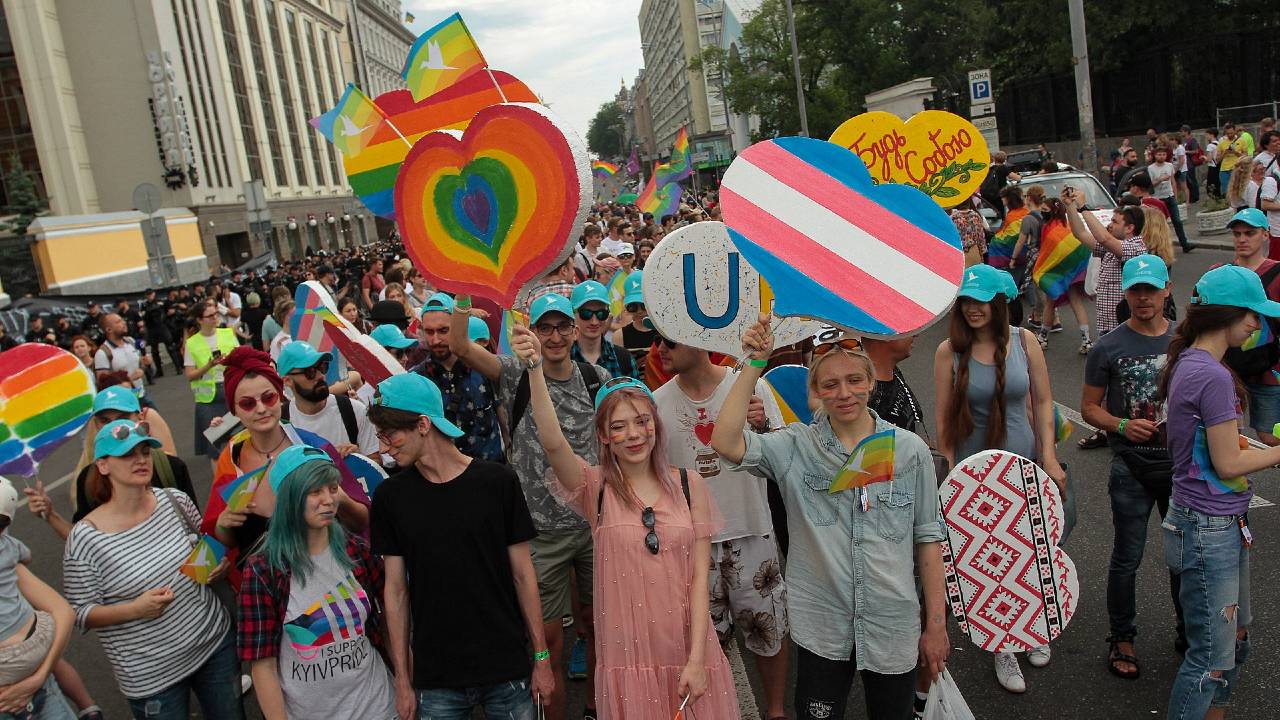
This article is republished from The Conversation under a CC BY-ND 4.0 license. Read the original article.
For Ukrainian LGBTQ+ rights activists, a Russian victory is an existential threat to both the sovereignty of Ukraine and the rights of LGBTQ+ people.
In his Feb. 24 speech, President Vladimir Putin used LGBTQ+ rights as a justification for his military operation, arguing that the West sought to destroy Russian “traditional values” with their “false values.”
For some LGBTQ+ Ukrainians, the war is a call to arms — both in support of their homeland and in support of their rights. For others, the threat of persecution is prompting them to flee.
But because of powers conferred by martial law, some LGBTQ+ refugees have been pushed back at the border while others are taking dangerous routes out.
According to Polish LGBTQ+ activists we spoke with in Warsaw in April 2022, one trans man was pushed back at the border by a Ukrainian border guard and told: “if you want to be a real man, prove it — stay and fight.”
The imperative for LGBTQ+ people to fight is also reflected in the advocacy of LGBTQ+ rights groups like Kyiv Pride, Ukraine Pride and LGBTIQ Military. They have positioned LGBTQ+ participation in the military as fundamental to Ukraine’s survival.
Posts on Instagram introduce audiences to the gay Ukrainian men fighting for their country, while photos show drag artists donning military attire with the caption “Ukrainian drag queens destroy Moscovian [sic] occupiers!.”
But for LGBTQ+ Ukrainians who have fled, these posts and messaging can bring feelings of shame.
LGBTQ+ rights on the frontline
A narrative is emerging in western media that frames the war as a battle for LGBTQ+ rights against a backward, conservative and intolerant Russia. And it’s influencing the politics of the European Union.
The European Commission has long criticized Hungary and Poland over their stance on LGBTQ+ rights. In April 2022, it launched disciplinary proceedings against Hungary — which would cut off EU funding — because the country’s anti-LGBTQ+ laws were violating the rule of law. There’s also growing pressure in the EU Parliament to enact similar steps against Poland.
These instances suggest the EU is becoming more robust in its defence of “European values” by standing up to member states that backslide on the democratic standards of the EU.
Similarly, LGBTQ+ activists we spoke with in Poland described how the war presents opportunities to change hearts and minds in the country. Poland’s President Andrzej Duda won re-election in June 2020 campaigning against “LGBTQ+ ideology.”
For LGBTQ+ activists, the parallels between Duda and Putin may be pivotal in their own advocacy efforts — especially if being pro-LGBTQ+ equals being anti-Russian. One LGBTQ+ activist we spoke with said there is now renewed hope:
“Poland is perceived as homophobic but there are lots of beautiful people working on this. Things can change.”
Militarizing the struggle for LGBTQ+ rights
The frequency with which LGBTQ+ rights are currently being positioned as a key battleground is problematic. While we are seeing transformation in the LGBTQ+ rights landscape in Europe, and some activists feel a renewed sense of hope, literature on LGBTQ+ rights, migration and conflict offer some stark warnings.
In Queer Wars, the authors draw attention to the increasing geopolitical polarization over LGBTQ+ rights. Political leaders, such as those in Russia, Hungary and Poland, have used anti-LGBTQ+ stances and policies to position themselves as defenders of traditional values against western degeneracy. For Russia, once again, this was used as a justification for the war in Ukraine.
But as international relations scholar Cai Wilkinson notes, linking LGBTQ+ rights with the rhetoric of war risks oversimplifying the stakes of queer liberation by replacing a complex view of specific, contextual struggles for rights with monolithic narratives of winners and losers.
For example, borrowing from philosopher and queer theorist Jasbir Puar’s concept of “homonationalism,” there is a risk that the struggle for LGBTQ+ rights is simplified into a straightforward narrative of European or western values versus the intolerance of the East or “the rest.”
In the years following the so-called European refugee crisis, this rhetoric was used to justify hard borders and the framing of refugees as a threat to European values of liberalism and tolerance, underscored by intense Islamophobia.
In 2017, German politician Jens Spahn argued that the moral values of refugees differ significantly to those of Germans, citing homophobia and transphobia as examples. Similar rhetoric has been used by the politicians in the United States, pitting LGBTQ+ rights against Muslims, the threat of foreign regimes and terrorism.
In 2021, Ursula von der Leyen, president of the European Commission, tweeted that the EU is an #LGBTIQFreedomZone in response to the introduction of “LGBTQ+ free zones” in approximately 100 Polish municipalities. However, despite such a declaration, LGBTQ+ rights in Europe remain precarious and many are barred from entering Fortress Europe.
Being yourself is not an ideology. It’s your identity. No one can ever take it away.
🇪🇺🏳️🌈The EU is your home.
The EU is a #LGBTIQFreedomZone pic.twitter.com/Kt3m6W6TL2— Ursula von der Leyen (@vonderleyen) March 10, 2021
Implications for Ukraine
While the war in Ukraine appears to be emboldening calls for LGBTQ+ rights protections and transforming the advocacy efforts of groups in Ukraine, there are risks that LGBTQ+ rights and liberation could be swallowed by the rhetoric of war or homonationalist narratives.
Despite the promises of freedom and safety, LGBTQ+ refugees from Ukraine face substantial protection gaps in accessing services and support — particularly if they are people of colour, or not Ukrainian passport holders.
While it is tempting to view the war in Ukraine as a metaphor for some larger struggle between a tolerant West and an intolerant East, the reality is inevitably far more complex. It is worth interrogating these narratives in order to understand the realities facing LGBTQ+ people.
Aydan Greatrick (PhD Candidate, Migration Studies, UCL), Tyler Valiquette (PhD Student, Human Geography, UCL), Yvonne Su, (Assistant Professor in the Department of Equity Studies, York University, Canada) contributed to this story
The Conversation is an independent, nonprofit publisher of commentary and analysis, authored by academics and edited by journalists for the general public.
Europe
Rights Group Demands Release Of LGBTI Siblings From Chechen Detention Center
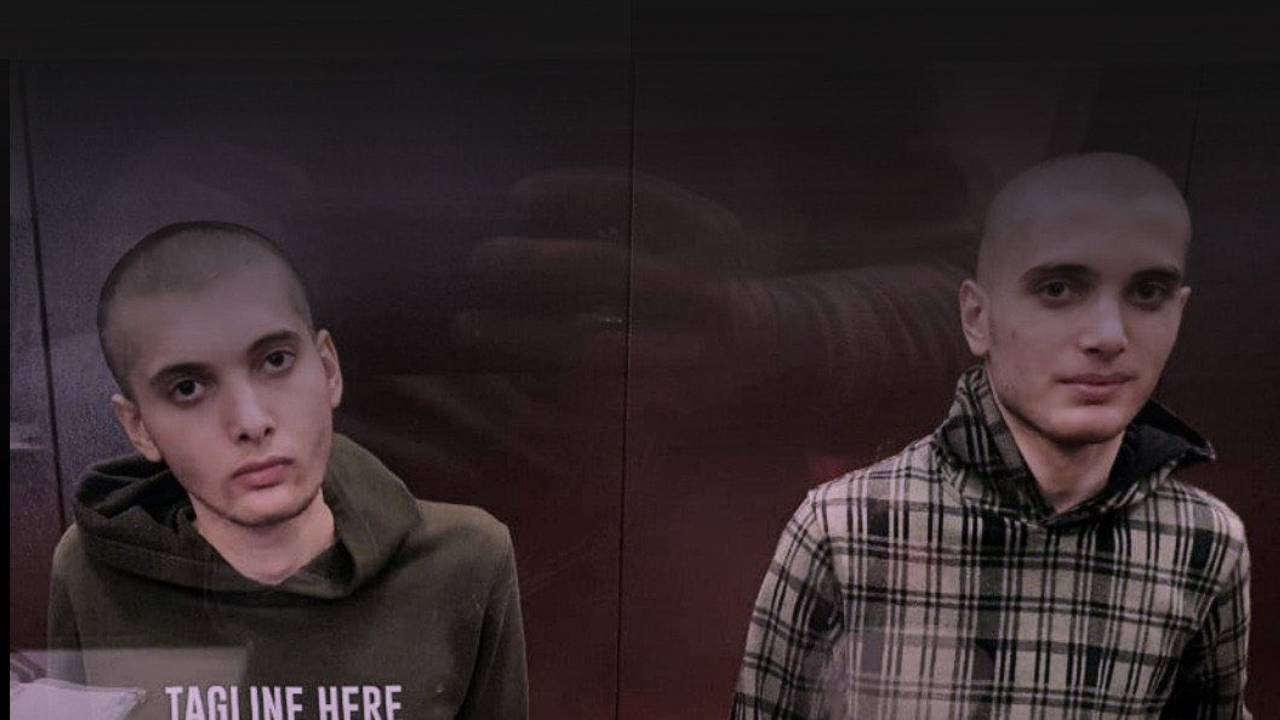
This article originally appeared on Radio Free Europe/Radio Liberty
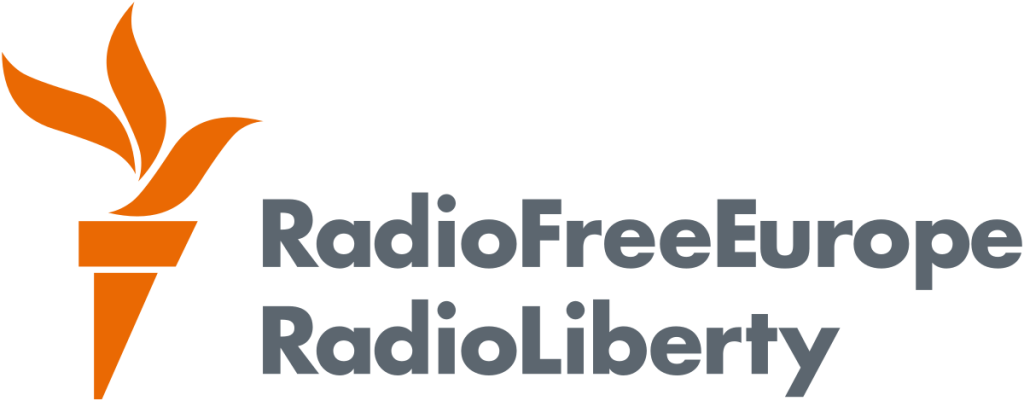
Amnesty International has called for the immediate release of two Chechen siblings who face possible 8 1/2-year prison sentences for what the rights group describes as false accusations of “aiding illegal armed groups.”
It says a verdict is expected in the Achkhoy-Martan district court of the southern Russian republic on February 22 in the case against siblings Salekh Magamadov, 21, and Ismail Isayev, 19.
One of the two is gay and the other is gender-transitioning, Amnesty says.
“Salekh Magamadov and Ismail [Isayev] must be immediately and unconditionally released. They should never have been charged in the first place,” a statement quotes Marie Struthers, Amnesty International’s Eastern Europe and Central Asia director, as saying.
“Belonging to the LGBTI community in Chechnya — or anywhere else for that matter — is not a crime,” Struthers said. “Their ordeal must end now.”
The two have been in a Grozny detention center since February 2021.
In September, the Moscow-based Memorial Human Rights Center, which was recently ordered by Russian authorities to shut its doors, recognized the siblings as political prisoners and said their case was “marred with blatant violations.”
In July 2020, the Russian LGBT Network helped Magamadov and Isayev move to the city of Nizhny Novgorod, from which they planned to leave Russia for an unspecified foreign country.
But they were abducted from a flat provided by a local NGO and taken to Chechnya a year ago.
The volatile region’s government and its leader, Ramzan Kadyrov, who has ruled Chechnya since 2007, are frequently accused by Russian and international activists of overseeing grave human rights abuses that include abductions, torture, and extrajudicial killings.
Copyright © 2022 RFE/RL, Inc. Reprinted with the permission of Radio Free Europe/Radio Liberty, 1201 Connecticut Ave NW, Ste 400, Washington DC 20036.

